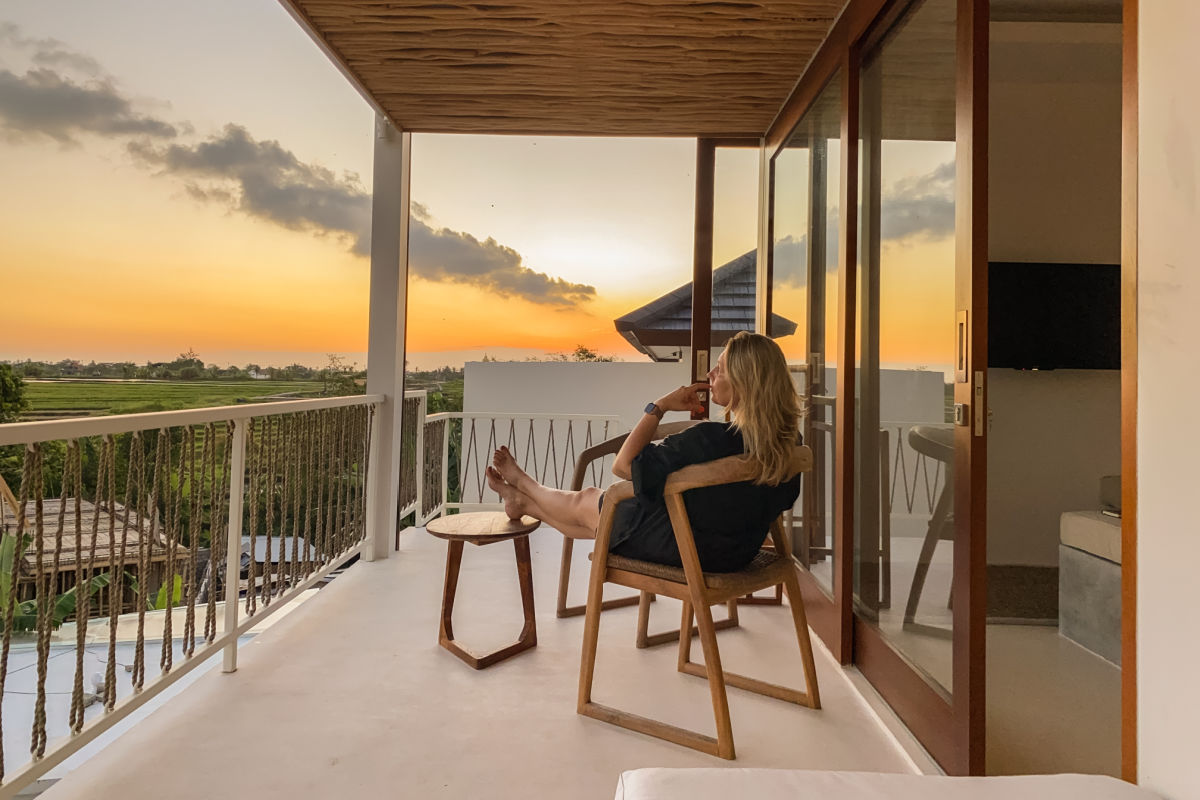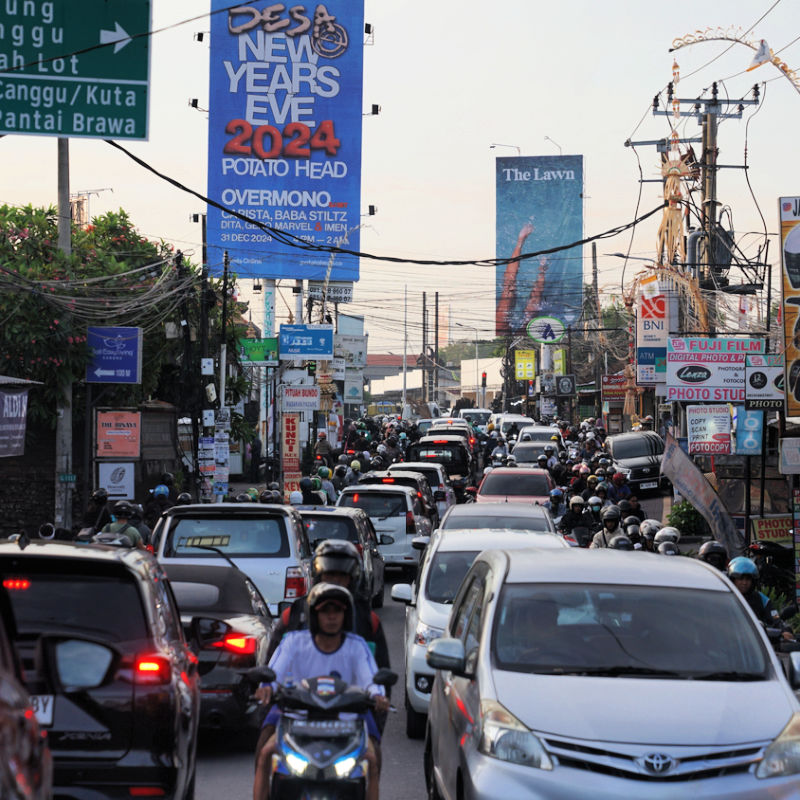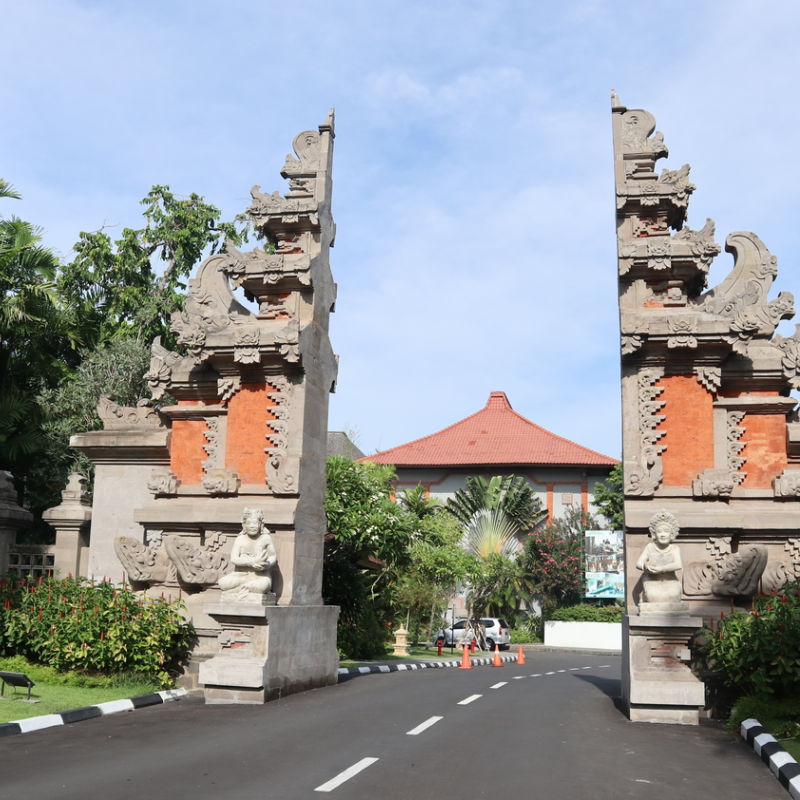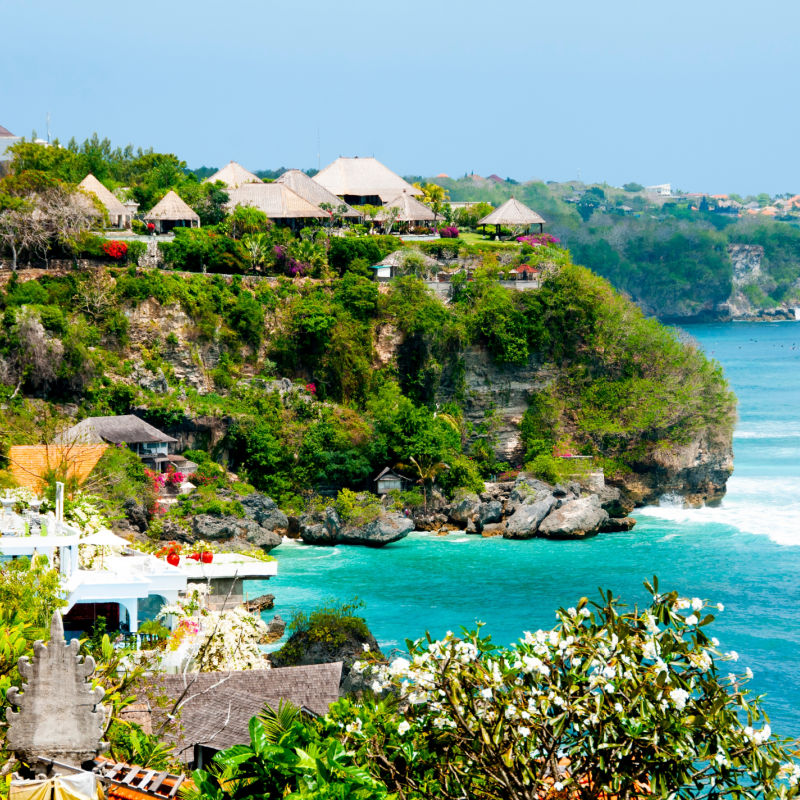In late 2024, leaders in Indonesia announced that they were writing up a new policy that would see a ban on the development of new hotels, beach clubs, and commercial tourism properties in resort areas like Canggu, Uluwatu, Kuta, Legian, Seminyak, and Nusa Dua.
However, the incoming Governor, Wayan Koster, has confirmed that he will not bring any such moratorium into effect.

As Wayan Koster prepares to start his second term as Bali Governor, he has been speaking to the media about how he feels there is no such need for a moratorium on tourism development in Bali’s biggest resort areas.
The idea was first tabled by the outgoing Indonesian Minister for Tourism, Sandiaga Uno, and Minister for Investment and Maritime Affairs, Luhut Binsar Pandjaitan.
The policy was due to be bought into effect in October 2024 and was set to be in place for one to two years, with the potential to be extended for up to ten years if it was deemed to be working effectively.
The policy got the backing from top leaders in Bali, including the Acting Governor of Bali, Sang Made Mahendra Jaya, and the Chairman of Bali Tourism Board (BTB), Ida Bagus Agung Partha Adnyana.
Yet, all this is set to change again as incoming Governor Koster is clear that he feels that no such policy is needed to curb rampant tourism development in the central south of Bali.
Speaking at a press event at The Trans Resort in Seminyak, Koster explained, “There is no need for a moratorium. There is strict control.”
Many people feel that this is exactly the issue, that though there is already a range of regional regulations that are supposed to help control tourism and commercial development across Bali because so few are strictly enforced, there is something of a construction free-for-all developing in the most in-demand resort areas.
Koster suggests that he will implement stricter controls on existing legislation rather than enact a new policy to ban the building of new tourism buildings like apartment complexes, hotels, resorts, villas, shopping centers, and beach clubs.
He has not suggested which existing policies need to be enforced more strictly or whether he would introduce other policies that would also strictly control what kinds of development can happen and where. Since the moratorium was originally tabled by ministers in the central government, Koster could see it as a move to retain a degree of provincial control over the tourism sector.
Speaking in November 2025, the Chairman of the Bali Tourism Board (BTB), Ida Bagus Agung Partha Adnyana, gave his backing to the prospective new moratorium policy, and he too suggested that stricter policy enforcement is needed to protect Bali’s natural landscapes and avoid overtourism.
The moratorium would have specifically banned the granting of building permits and licenses in Bali’s biggest resorts.
Adnyana explained, “The licensing moratorium in South Bali is needed to overcome several challenges that arise due to rapid development, especially in the hotel and accommodation sector.”

“With the moratorium, it is hoped that Bali tourism can develop more sustainably and provide long-term benefits to the community. Only 2 years, while we evaluate later.”
Now, with the moratorium essentially taken off the table, many will be concerned that there are insufficient sustainable development policies and land protection laws, leaving Bali open to further exploitation.

Governor Koster, during his first term, was known for making some bold assertions about how tourism should be managed on the island. For a long time, he spoke about introducing tourism quotas to limit the number of tourists who could visit the province annually.
He also introduced the Bali Tourism Tax Levy. A controversial policy that now requires all international tourists to Bali to make a mandatory IDR 150,000 contribution to preserving Balinese culture, protecting the natural landscape, and boosting tourism infrastructure.

Since the policy was introduced, only 40% of tourists have been making the contribution, and while hundreds of thousands of dollars have been generated, there is yet to be any public declaration as to how the money has been spent or what specific projects it will be invested in.
Remove All Ads & Unlock All Articles… Sign up for The Bali Sun Premium

Plan Your Bali Holiday:
Book The Best English Speaking Drivers For Airport Transfers & Tours
Choose From Thousands of Bali Hotels, Resorts, and Hostels with Free Cancellation On Most Properties
Book Cheap Flights To Bali
Don’t Forget Travel Insurance That Covers Medical Expenses In Bali
For the latest Bali News & Debate Join our Facebook Community
SUBSCRIBE TO NEW POSTS
Enter your email address to subscribe to The Bali Sun’s latest breaking news, straight to your inbox.
